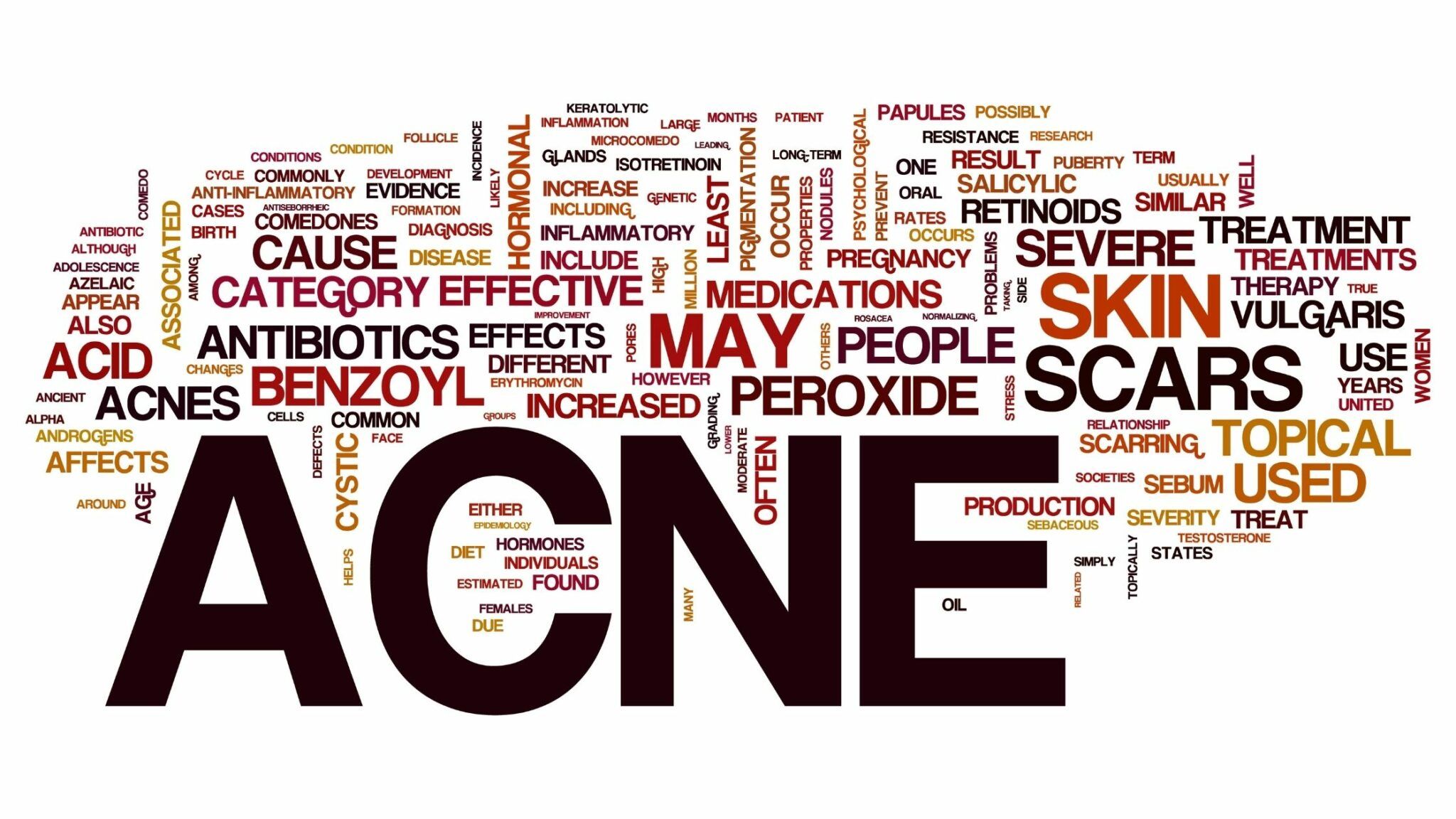Body Acne – Typical In Winter!
Especially in winter, acne on the body is in high season. It really blossoms. The blemishes appear especially on the décolleté, upper arms, back and buttocks. But they are far more than just a visual problem. On the body, the pimples really hurt when clothing rubs against them.
Why do we always talk about “blossom” and “bloom” in connection with acne, although the appearance has nothing at all to do with the beauty of a flower? Experts still argue about the etymology of the term acne. It could be derived from the Greek word “akmé”. On the one hand it means “point, sharpness, cutting edge”, on the other hand it also means “blossom, maturity, climax”. In any case, it refers to a skin rash that is based on excessive sebum production and a cornification disorder.
Causes for acne on the body
“The causes of acne on the body are similar to those of facial acne,” explains Andrew Alexis, M.D., Master of Sciences Public Health at Weill Cornell College in New York. These include inflammatory processes in the skin, increased oil production, sebum and dead skin cells clogging hair follicles. However, the main culprit is a specific acne bacterium called Cutibacterium.
Body acne is mainly triggered by sweat and oil. Tight-fitting clothing exacerbates the problem, which is why many athletes and sportsmen suffer from it. In men, shoulders, back, chest and buttocks are also mostly affected by the festering pustules. In women, body acne often occurs during hormonal changes, such as pregnancy or menopause, because the sebaceous glands then work more actively.
Why body acne, also known as truncal acne, predominantly appears in the described zones is due to the sebaceous glands, which are larger in these areas. Autumn and winter are particularly predestined for body acne, because then several external factors are added: As outdoor temperatures drop, we heat up more and wear sweaters, scarves and warm jackets. This makes the skin drier and more sensitive. It literally gets no more air, and pimples sprout. Therefore, especially in the acne-prone areas, do not wear tight-fitting clothing and avoid fabrics that rub. The skin must be able to breathe.
Stress makes body acne worse
Diet can affect acne on the body, but it does not have to. Nevertheless clinical studies have shown that avoiding dairy products and foods with a high glycemic index (white flour, sugar, corn, potatoes) can reduce blemishes.Dr. Whitney Bowe, New York dermatologist and author of the book “The Beauty of Dirty Skin,” sees a close connection between the gut, brain and skin.… weiterlesen

CultureAndCream Author from Munich
To travel during my profession as a beauty journalist was never enough for my. Also my six month on a world trip didn’t do it. It always attracts me to other cities, foreign countries, on roadtrips and places I don’t know yet. But I am not only interested in “culture” and “cream”, I am also fascinated by people who have stories to tell . Such unique experiences I want to share with you.
